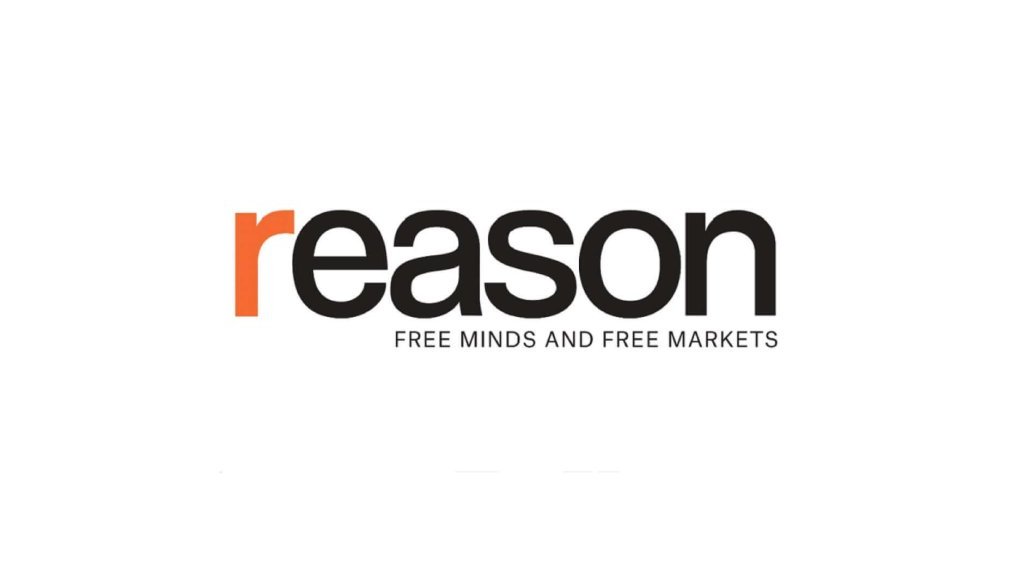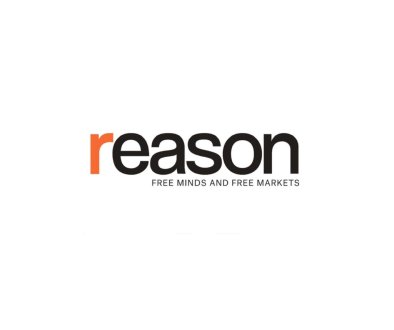Religious Exemption Claim by Nonprofit Providing Supervised Illegal Drug Use Can Go Forward
From U.S. v. Safehouse, decided Thursday by Third Circuit Judge David Porter, joined by Judges Thomas Hardiman and Michael Fisher:
Safehouse, a Pennsylvania nonprofit corporation, was established in 2018 to address the abuse of opioids in Philadelphia. It seeks to provide overdose prevention services, including supervised illegal drug use. According to Safehouse, what it calls “medically supervised consumption” is salutary because opioid overdoses can be mitigated if trained staff are nearby….
[A]s a provider of supervised illegal drug use, Safehouse would violate 21 U.S.C. § 856(a)(2). Safehouse argues that its Board members’ shared religious belief in the value of human life motivates it to provide “evidence-based public-health interventions” and that government intervention with those services substantially burdens its religious exercise.
The District Court rejected Safehouse’s argument. It reasoned that non-religious entities are not protected by the Religious Freedom Restoration Act (“RFRA”) and the Free Exercise Clause of the First Amendment. As we explain below, that was reversible error….
In 2019, the Department of Justice began this lawsuit against Safehouse and its then-Executive Director seeking a declaration that supervised illegal drug use violates 21 U.S
Article from Reason.com

The Reason Magazine website is a go-to destination for libertarians seeking cogent analysis, investigative reporting, and thought-provoking commentary. Championing the principles of individual freedom, limited government, and free markets, the site offers a diverse range of articles, videos, and podcasts that challenge conventional wisdom and advocate for libertarian solutions. Whether you’re interested in politics, culture, or technology, Reason provides a unique lens that prioritizes liberty and rational discourse. It’s an essential resource for those who value critical thinking and nuanced debate in the pursuit of a freer society.



